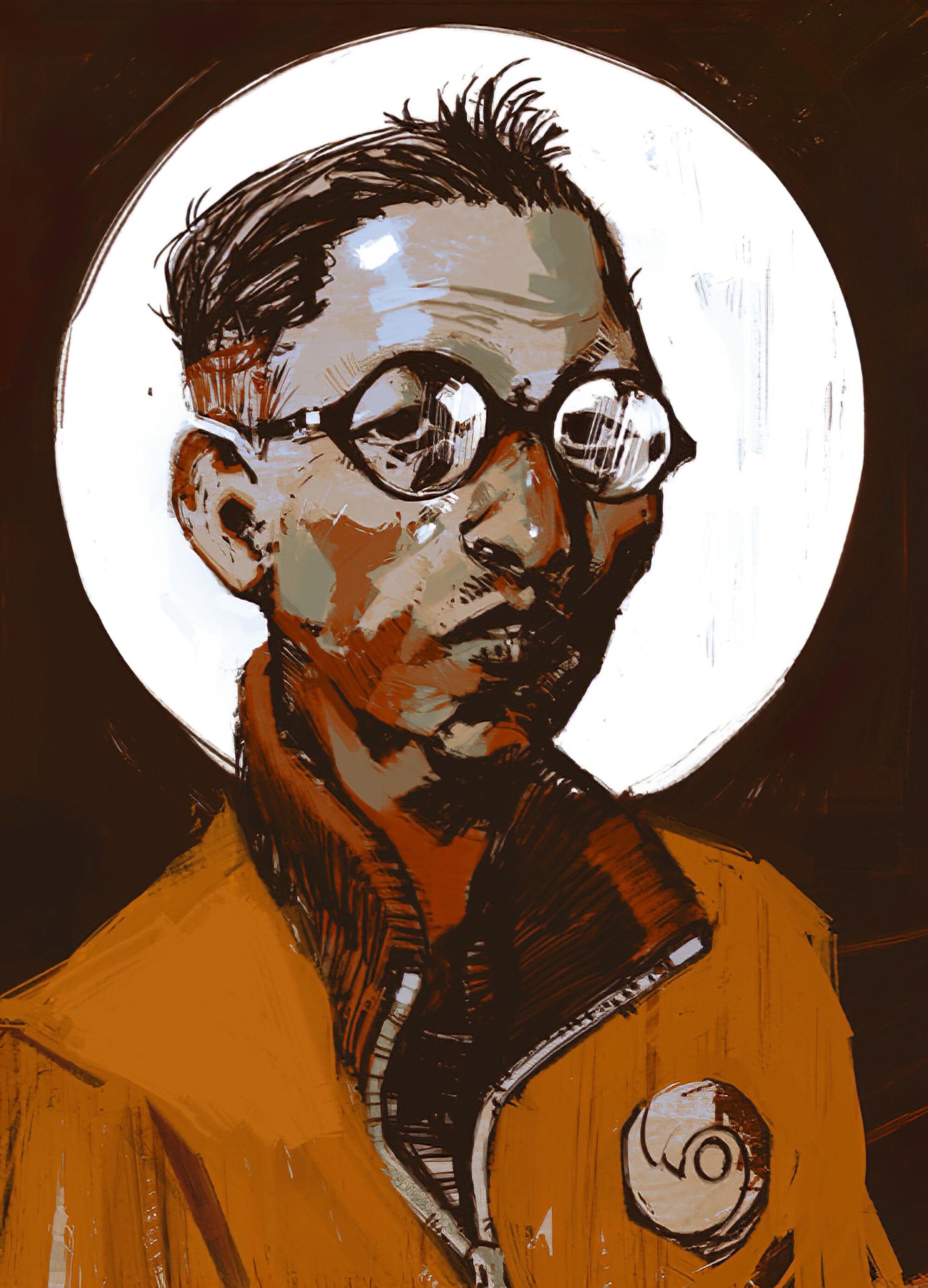- Why does China, a socialist country, have mega corporations like Tencent and Bytedance? Are they collectively owned by syndicates or unions? If this is a transitionary phase to socialism, can we trust China to actually enforce Socialism after this stage ends?
- Child Labor in factories: Myth or Fact? I have a Chinese friend who said he personally never worked as a child in China, but obviously if this was true not every single kid would have worked in a factory.
- Surveillance and Social Credit: are these myths, or are they true? Why would China go so far to implement these systems, surely it'd be far too costly and burdensome for whatever they'd gain from that.
- Uighur Muslim genocide: Is this true?
Thank you to anyone who answers, and if you do please cite sources so I can look further into China. I really appreciate it.
edit: I was going to ask about Tiananmen Square, but as it turns out that literally just didn't happen. https://www.telegraph.co.uk/news/worldnews/wikileaks/8555142/Wikileaks-no-bloodshed-inside-Tiananmen-Square-cables-claim.html
https://leohezhao.medium.com/notes-for-30th-anniversary-of-tiananmen-incident-f098ef6efbc2
https://www.cbsnews.com/news/there-was-no-tiananmen-square-massacre/


thank you, i will be watching this
Maybe one little thing since you might be coming from a Trotskist international outlook. During the first couple of crisis the CPC control of China was a much different one that the one Soviets had after the Russian or October revolution. The preceding Chinese state (not only due to civil war and external attack on the country) was a centralized one but its executive power was weakened at that point and in some rural regions, but also in some urban areas outside the countries main area the influence from the government was not as strong. After the revolution there remained a lot of de-centrality though with a growing professionalism there were both movements for centralization, but also leading by objectives in which the cadres were schooled and involved in the political process, but implementing objectives was sometimes their deal. Over time the CPC did expand more on how stuff ought or could be executed, but in a similar but different vein the experimental regional aspects of Chinese governance are a feature of the system.
Zhou Enlai and Mao were not controlling people directly, this means the struggle for people's minds was more prevalent than it would've been in some other states. Of course the further you go away from the (civil) war the less true it became.